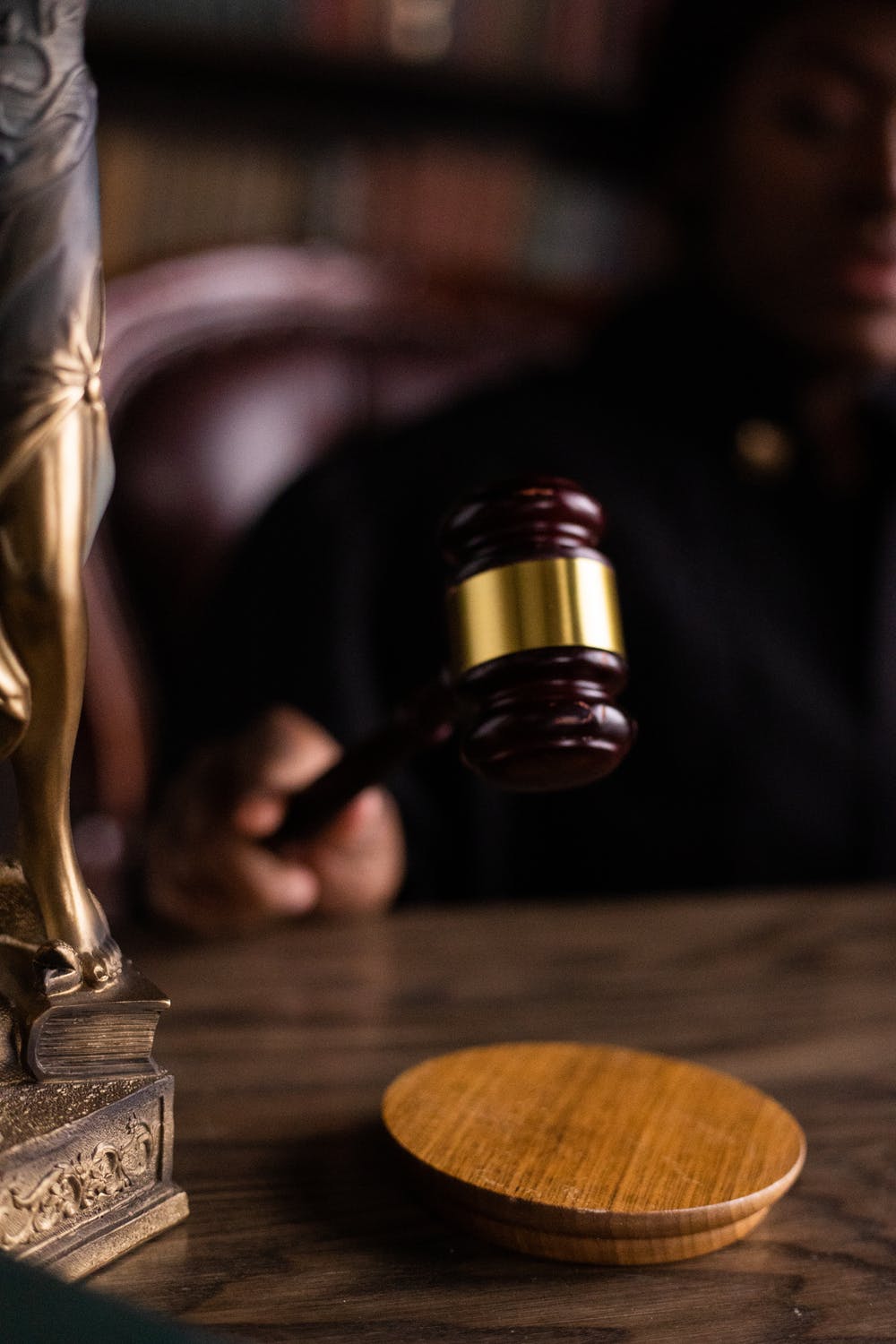
Two house bills were passed through the Missouri House of Representatives last year that would give felons a second chance at rehabilitation outside of a prison facility. The bills were introduced to the legislature in an effort to reduce the prison sentences and increase the rehabilitation rates of non-violent drug offenders. The bills passed the House with the exception of one vote and were set to be heard in the Missouri Senate until the pandemic prevented lawmakers from convening.
House Bill 316
Currently, Missouri law prevents convicted felons from working in establishments that sell alcohol or lottery tickets. HB 316 would reverse this law, effectively creating more employment opportunities for non-violent drug offenders returning to society. One of the biggest problems convicted felons face is the ability to find employment or housing post-conviction.
House Bill 504
HB 504 will allow non-violent drug offenders to be eligible for parole after serving 10 years of their sentence. After serving 10 years in prison, non-violent drug offenders will go before a parole board used to determine if the offender will re-offend. If the parole board finds the offender eligible, the offender will be released back to society under the conditions set by the parole board.
Second Chances
Since the 1980s and ‘90s, Missourians have seen state lawmakers shift from policies like “Three Strikes, You’re Out” to the policies seen in House Bills 316 and 504. The shift in attitude toward convicted, non-violent drug offenders by lawmakers was spurred by a growing national concern about non-violent drug offenders serving lengthy prison sentences. Some Missourians express concern about the perceived hypocrisy behind the ability to legally purchase medical marijuana from a dispensary while other residents are serving lengthy prison sentences for possessing or selling marijuana.
The two pillars of our criminal justice system in the United States are punishment and rehabilitation. The goal of House Bills 316 and 504 is to recenter the focus in our criminal justice system to rehabilitation. Currently, 77 percent of released offenders are rearrested within five years of their release date. Proponents of HB 316 and 504 hope that by creating employment opportunities and releasing non-violent offenders, recidivism rates will decline. Nationally, our approach to reintroducing convicted felons into society is changing. Virginia Governor Terry McAuliffe reinstated the voting rights of 200,000 felons in 2016. In 2018, Florida voters passed a measure that allowed non-violent felons to register as voters. Anyone with further questions about the legal consequences of felonies, should call us right away.

